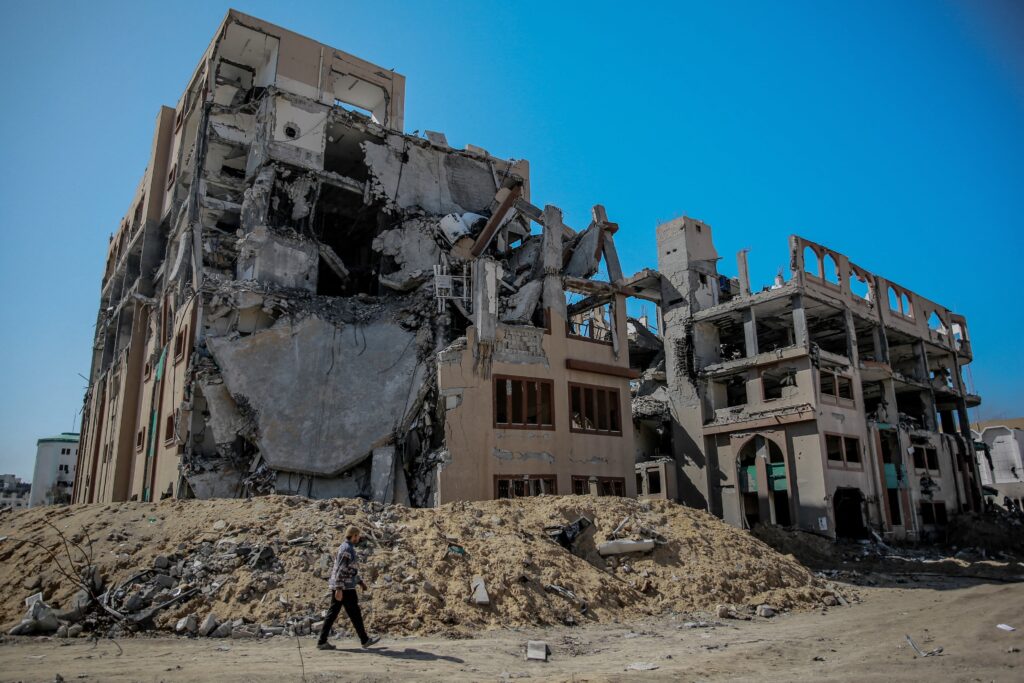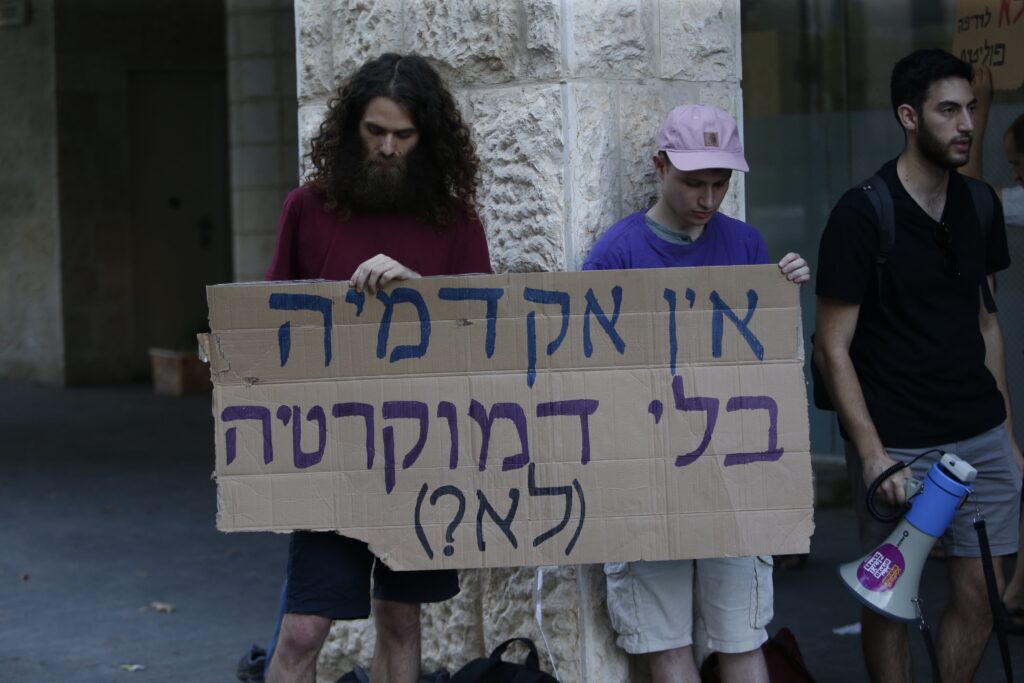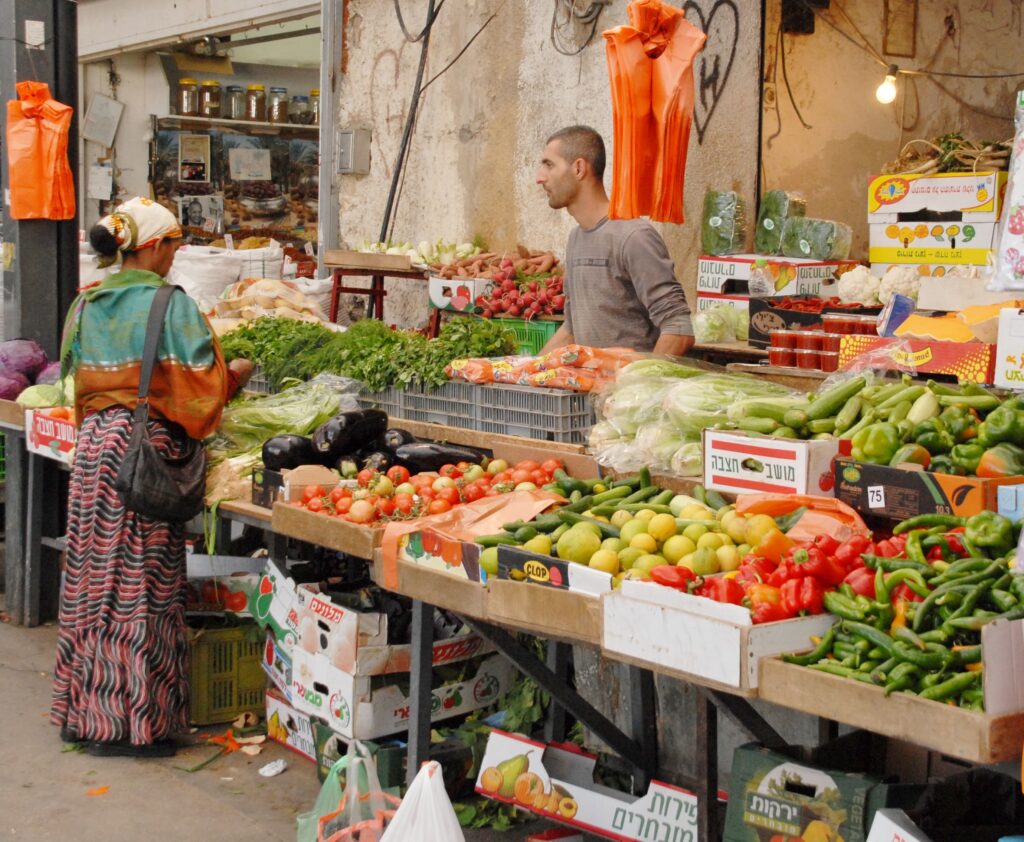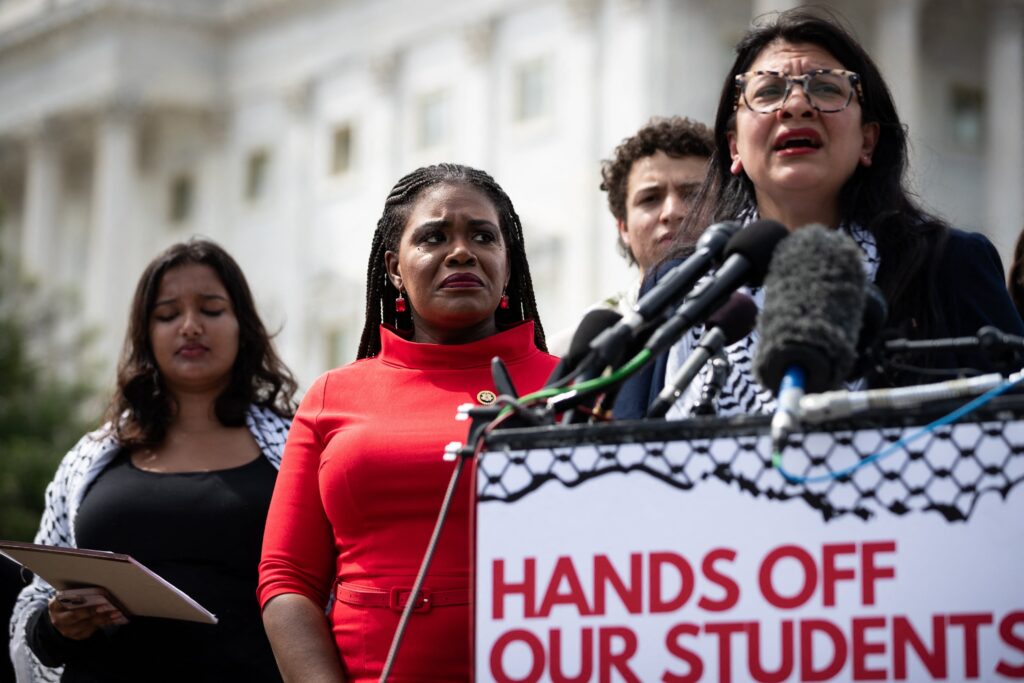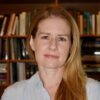Speaking Truth to Israel Requires More Than Academic Freedom
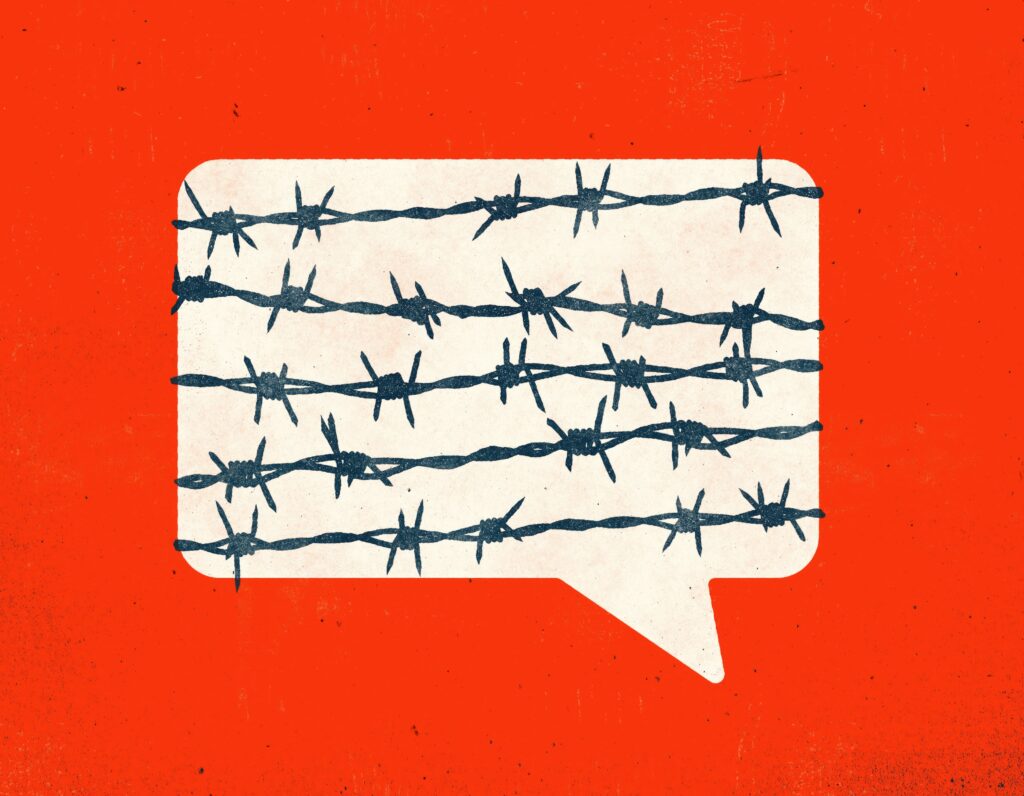
Criticizing Israel is risky business in academia. As a professor at an Israeli university who leads a research project on coexistence between Israelis and Palestinians, I’ve witnessed the threats firsthand.
Students motivated by right-wing organizations have recorded me and my colleagues in classrooms and hallways, waiting for us to say something they can take to the administration, press, or police. Faculty critical of Israel are surveilled by activists from ultranationalist organizations such as Im Tirzu and Israel Academia Monitor. Israel’s legislature is currently considering a bill requiring the Council for Higher Education to fire professors who show “support for terrorism,” a coded phrase often interpreted to include criticisms of the state.
I lead a collaborative, international research project called Praxis of Coexistence. Our team looks at working-class and poor cities where residents don’t always buy into the ideology of liberal multiculturalism yet still find ways of living together. We carry out research in six countries, in cities such as Birmingham in England, Ramle in Israel, and Timișoara in Romania, where significant tensions exist between religious and ethnic groups cohabiting the same spaces. The project investigates how communities accommodate differences in culturally resonant ways and asks what everyday practices and justifications they draw on to maintain civil relations and avoid conflict and violence.
In December 2023, I attended an online seminar featuring the anthropologist Ghassan Hage, a leading expert on race and migration. I found his work enlightening and suggested reading Hage’s recent book, which focuses on coexistence and religious pluralism, with the Praxis group. Everyone was enthusiastic to do so. But a few days before we met on Zoom to discuss the book, the news broke that Hage had been fired from his position at the Max Planck Institute for Social Anthropology in Germany.
In a short statement, the Max Planck Society stated that Hage’s views, as expressed in social media posts, were incompatible with the values of the institution. Hage had denounced Israel’s ongoing war on Gaza, and the society implied his criticism was antisemitic according to German law. Hage responded to this claim, standing by his critique of Israeli ethnonationalism and condemnation of the violence and humiliation imposed on Palestinians. He reasserted his commitment to the “ideal of a multireligious society made from Christians, Muslims, and Jews living together on that land” of Israel/Palestine—an ideal that I share.
My group and I exchanged this news on WhatsApp. We were deeply confused by the decision to terminate his contract, which was particularly disorienting in light of our recent engagement with Hage’s valuable work.
Unfortunately, Hage’s experience is far from unique right now.
In Israel, attacks on educators and students critical of the state have intensified since October 7, 2023. In March 2024, Palestinian feminist scholar Nadera Shalhoub-Kevorkian was suspended from Hebrew University in Jerusalem after claiming Israel was committing genocide in Gaza and calling for the abolishment of Zionism on a podcast. Later Shalhoub-Kevorkian was arrested at her home by the police, though quickly released.
Another example: Anthropologist Regev Nathansohn, an untenured professor at Sapir College in Israel, signed a petition calling for the United States to stop arming Israel and characterizing the war on Gaza as “plausible genocide.” He was attacked by students, condemned by his college, and put on unpaid leave, making him ineligible for unemployment benefits.
This is just the tip of the iceberg.
This is without speaking of the situation for Palestinian academics in the West Bank and Gaza, for which the term censorship is wholly inadequate.
Human rights experts and activists have named the situation in Palestine “scholasticide” or “educide,” terms that refer to the systematic destruction of a people’s educational system. According to numbers released by the Palestinian Education Ministry in April 2024, Israeli forces have killed more than 5,000 students and 260 teachers since October 2023. They have bombed all 12 of Gaza’s universities and attacked more than 500 schools—including buildings where displaced families are sheltering.
GOING BEYOND “ACADEMIC FREEDOM”
What should concerned people do about attacks on educators who express critiques of the Israeli state?
After Hage and other scholars were fired, suspended, and threatened, many individuals and scholarly associations came to their defense. The American Anthropological Association, the European Association of Social Anthropologists, the British Society for Middle Eastern Studies, a group of Jewish Israeli scholars, and others wrote and circulated statements and letters of support.
Most of these statements focus on condemning censorship and emphasizing the rights of academic freedom and freedom of expression. The Board on Academic Freedom in Germany, where scholars critical of Israel face particularly restrictive conditions, urged “universities and research institutions to commit themselves to building and maintaining spaces for discussion and encounter, which welcome plurality and contradiction.”
Protecting academic freedom and freedom of expression is crucial—especially given the widespread silencing of Palestinian human rights advocacy. But doing so does not address the full extent of the problem.
One could imagine a situation in which a scholar espoused offensive or problematic views but was protected by these freedoms. On its own, a commitment to protecting free speech is politically and ethically neutral; this is why the American Civil Liberties Union defends the Black Lives Matter Movement and the Ku Klux Klan.
Protecting freedom of speech alone is not enough.
The free speech discourse misses the way the recent wave of dismissals and suspensions are in many cases a complete upside-down distortion of reality. Scholars and educators who have worked constantly toward a vision of multiethnic and multireligious coexistence, like Hage, are being accused of hatred. Protecting their freedom of speech alone is not enough.
Scholars in the social sciences and humanities must put our ethical values and critical thinking tools to work to explicitly challenge such “post-truth” distortions. To start, this means insisting that a scholar’s work is more than their social media presence. But beyond that, we need to be helping the public understand our fellow scholars’ work and why it matters when they are censored. When these scholars are accused of criticizing Israel, their commentary and analysis must be understood within the context of their body of work and the political reality in Israel/Palestine.
CRITICAL SCHOLARSHIP ON COEXISTENCE
What does it mean to “support Israel” today?
Jacqueline Rose, a humanities professor who has explored internal Jewish critiques of Zionism, argues Israel is locked in a “spiral of destruction.” This spiral harms and traumatizes Palestinian people and Israeli people. Israel, Rose argues, is ruled by a government that is systematically eliminating any chance for justice and peace.
Within this political context, antisemitism and anti-Zionism are wrongly conflated. University administrators and politicians who accuse critical scholars such as Hage of antisemitism seem incapable of distinguishing between those who use their critical voices to question violence and racist and colonial policies and create conditions for justice and peace in the region, and those who promote actual antisemitism, including in some academic circles.
When the Praxis research group met to discuss Hage’s reading, we were struck by his commitment to understanding how communities learn to coexist with others who are different from themselves. His work describes a mode of living within dense, urban settings that is attuned to others and in conversation with people who sometimes express dramatically opposing claims and aims. This approach to navigating conflict contrasts with the tendency within modern capitalist societies to impose order by avoiding direct engagement and using the law to live impersonally and transactionally.
Hage’s insights resonated deeply with the empirical data we’ve gathered. In the places we work around the globe, people from varied religious and ethnic backgrounds live intimately in ways similar to those Hage describes. Neighbors and strangers often seek to deal with conflicts directly and avoid involving the police or the state. In these places, a stolen bike will start a long chain of calls and conversations involving intermediaries, parents, and community and religious leaders, all seeking to find a path to repair that avoids violence.
In other words, Hage highlights and theorizes modes of living together with difference that actually work. As someone who has worked on questions of state violence, coexistence, tolerance, and peace in Israel/Palestine for two decades, I was struck by how Hage’s descriptions of multiethnic and multireligious communities resonated with historical accounts of the region before the state of Israel was created.
I still find these possibilities of pluralism in the communities where I work. For example, in Ramle, I have seen deep friendships and relationships of care and reciprocity between Jewish families that arrived from Middle Eastern countries decades ago and their Palestinian neighbors. These relationships call on older traditions of religious tolerance in the region. They persist in part because Ramle remains peripheral in contrast to economic centers like Tel Aviv or symbolic centers like Jerusalem.
These fleeting and partial spaces of Israeli/Palestinian coexistence—ones that defy the ethnonational logics of the Israeli state—could be nourished, but they run the risk of disappearing entirely.
LIVING OUR ETHICAL AND POLITICAL VALUES
Many of the scholars who have been punished for criticizing Israel, including Hage, Shalhoub-Kevorkian, and Nathansohn, have long track records of research and writing oriented toward finding ethical paths forward in the ongoing disaster in Israel/Palestine. Their work promotes the kind of dialogue that’s critical to any progress that Jews and Palestinians may hope to make toward peace and justice in the region.
These scholars are trying to enact and give life to ethical projects beyond the academy to oppose state violence and ethnonationalism. This is grounded research in the deepest possible way. The only threat they pose is to the ability of Israel to act with impunity.
When I see the work of these scholars being misrepresented and attacked, I feel a duty to speak out. I know many anthropologists and other scholars agree. But we must expand our responses beyond anemic defenses of academic freedom and freedom of expression. As essential as these principles are, they do not enable us to fully demonstrate the “post-truth” distortions of ethical reasoning and common sense that are occurring in the censorship of critical voices of Israel. We can and must do more. We must use our knowledge of history, politics, and culture to name and challenge the ethical distortions being brandished in cynical rhetorical ploys.
Those consuming media related to Israel/Palestine can also do more to fact-check and analyze the content and sources they encounter, following guidance from organizations such as the News Literacy Project.
In this era of rampant misinformation, we need more scholars, journalists, and other informed citizens to step up and communicate about distortions of facts beyond the academy. And we need an academy that puts decisions about sanctions in the hands of those who are qualified to make these evaluations, such as experts in the Middle East and antisemitism, rather than administrators and lawyers.































